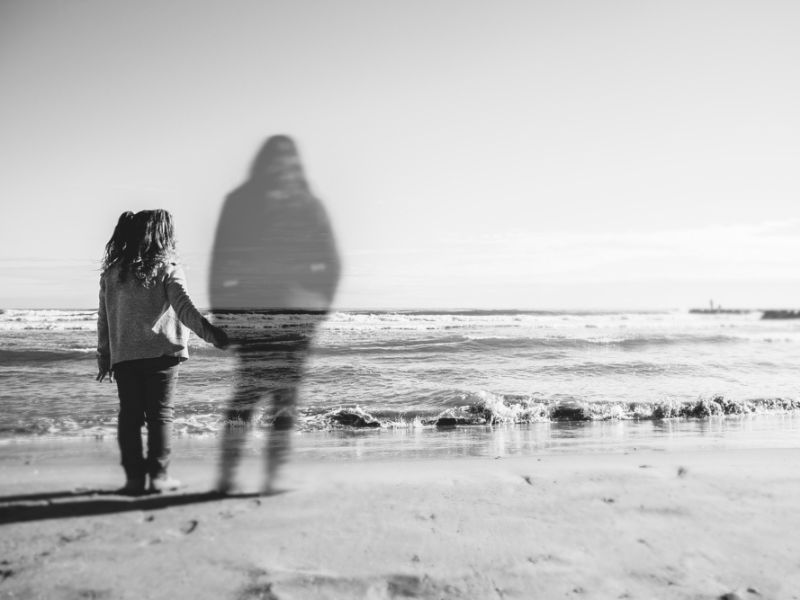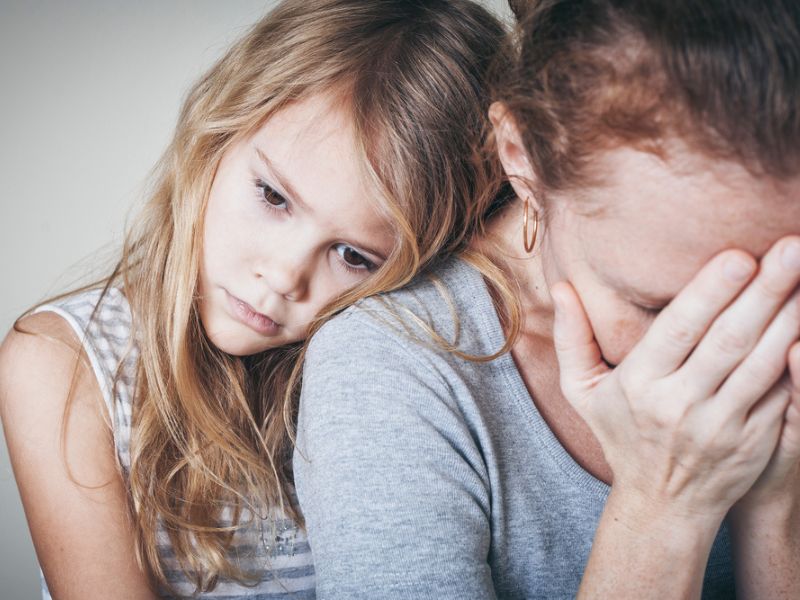Grief is a natural response to loss, and it’s something that we all experience at some point in our lives. Whether we lose a loved one, a job, or even a relationship, grief can be a difficult and painful experience that takes time to process.
One concept that many people associate with grief is closure. The idea is that at some point, we will reach a stage where we can finally close the door on our grief and move on. However, according to grief counselors, closure is a myth.

Image Credit: Shutterstock/Ure
There is no neat way to pack up and store grief. It’s a complex and ongoing process that can last months or even years. While we may learn to live with our grief, it’s unlikely that we will ever truly “get over” our loss.
One of the reasons why closure is a myth is that grief is not a linear process. It’s not something that we can work through logically and predictably. Instead, grief can come in waves, and we may feel sad or overwhelmed unexpectedly, even years after our loss.
Another reason closure is a myth is that it implies that we can somehow reach a state of perfection or completion. However, grief is messy and imperfect. It’s something we need to learn to live with rather than something we can conquer.
Grief counselors suggest that instead of striving for closure, we should find ways to integrate our grief into our lives. It might involve creating a new normal that incorporates our loss or finding ways to honor the memory of the person or thing we have lost.

Image Credit: Shutterstock/altanaka
Ultimately, the key to processing grief is to be kind to ourselves and allow ourselves to feel whatever emotions arise. Whether we feel sad, angry, or numb, it’s important to acknowledge these feelings and give ourselves the time and space needed to heal.
In conclusion, closure is a myth when it comes to grief. Instead of reaching a point where we can neatly package up our emotions and move on, we should focus on finding ways to integrate our grief into our lives. By doing so, we can learn to live with our loss and find a way to move forward healthily and meaningfully.